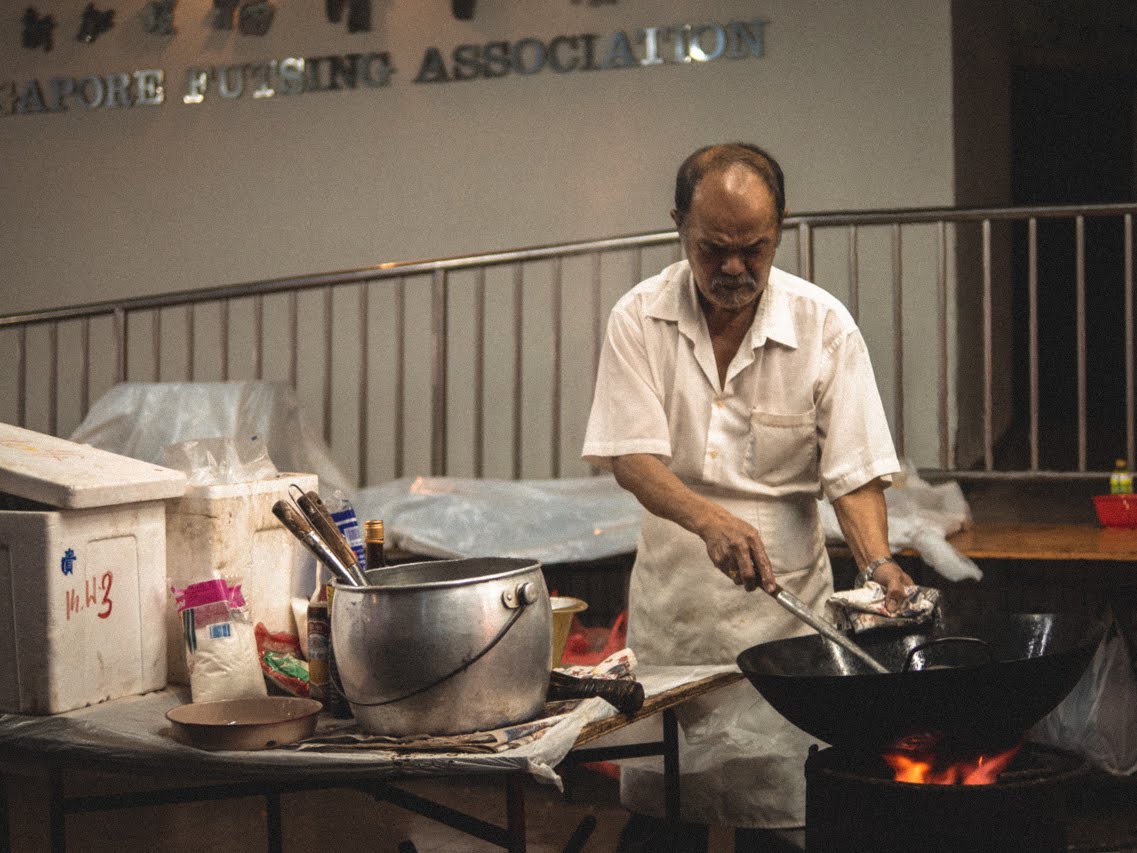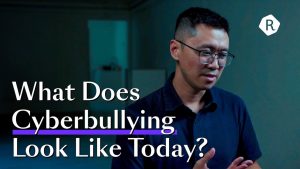All images from RICE File Photos.
In early April, NMP Professor Walter Theseira (Associate Professor, School of Business, Singapore University of Social Sciences) and Dr. Ong Qiyan, (Deputy Director (Research), Social Service Research Centre, National University of Singapore), launched a proposal for a temporary Universal Basic Income scheme.
Their scheme, dubbed ‘MUBI’ (Majulah Universal Basic Income), would give all Singaporeans a weekly cash payout to provide basic income security during the Covid-19 pandemic. The full proposal is available here.
We spoke with Professor Theseira and Dr. Ong at length about MUBI, as well as some of the bigger questions Covid-19 has raised about inequality and Singapore’s social protection schemes.
This interview is being published in two parts; this is the first. Responses have been lightly edited for length and clarity.
Sophie: To start off, could you briefly explain the key features of MUBI, and how it differs from UBI more generally?
Walter: The key features are that it’s a $110 payment, made weekly for 12 weeks, financed by a 4.25% increase in personal income tax due next year.
It’s universal in that everybody would be entitled to the payments, including children and the elderly, and it’s not going to be based on means-testing or any kind of screening to determine if someone is or isn’t deserving of it. That’s the component it shares in common with other universal schemes. The point of universality is not to put barriers in the way of people getting help.
Where it differs a bit is that it’s a time-limited scheme. In many countries, UBI, as a policy proposal, is conceived as a permanent replacement of existing social assistance schemes. Our proposal is much more limited; there is a time limit, with a very explicit objective of helping people through Covid-19.
The time-limited feature is also important because it plays into how the financing works. You pay for this essentially next year, when taxes are due, but you get the benefits this year. And that makes it attractive even to people who might think they don’t need it, because you don’t actually know whether you might need it over the next few months. Even if you’re in a stable job, you might suddenly find yourself exposed.
Qiyan: One more thing is that MUBI is like a Band-Aid policy. It builds on top of existing policies, but it’s not meant to replace them. Our existing policies were not calibrated to cope with the risks caused by Covid, so we have to apply some sort of Band-Aid to help those in need. That’s quite different from UBI, which is generally intended as a long-term social policy.
S: When I first heard about your proposal, I was pretty thrown, because I’d never expected to see the words ‘universal basic income’ words in a Singapore context. But as I read into it, I thought it sounded more like a cousin of the Solidarity Payment in that it was designed for a very specific purpose, at a very specific time, rather than a ‘true’ UBI.
W: I suppose existing measures it could replace would be the Solidarity Payment, or other time-limited, Band-Aid programmes like the Temporary Relief Fund. But I think one way MUBI differs from those schemes is that it’s deliberately left quite open-ended as to whether it could be extended or not.
The 12-week limit was deliberately designed to be flexible. If we find that the economic damage from Covid-19 lasts for quite some time beyond the pandemic, or the structural changes take some time to sort out, then we might need to keep MUBI running beyond 12 weeks.
We don’t really know at this time. It’s a bit early to say, and I think it’s a bit ridiculous to think about what it might eventually become, but I think the point is that there is an actual problem it could solve right now.
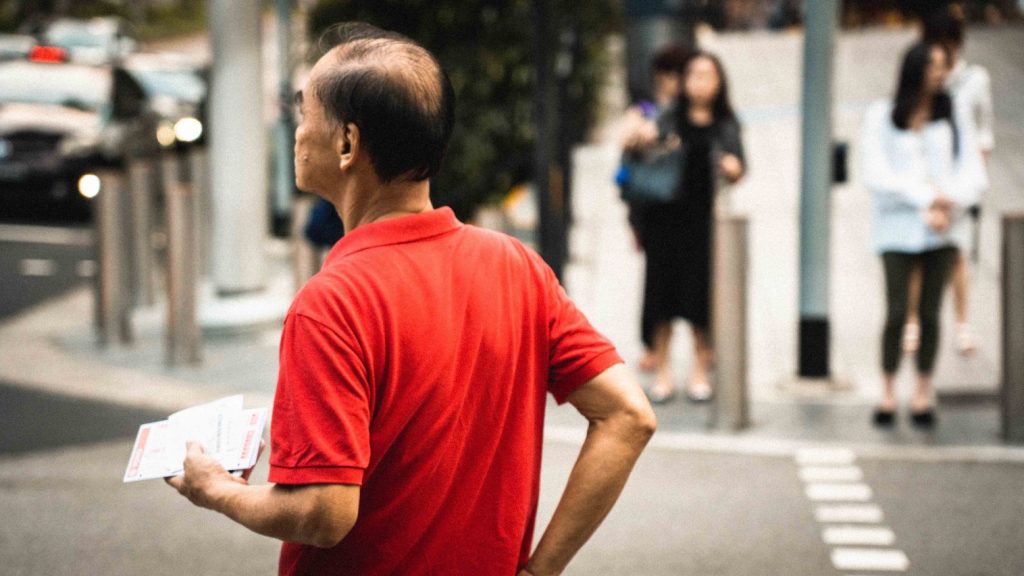
S: So given that it’s meant to provide immediate relief, is there an optimum window in which MUBI would need to be implemented?
Q: I think MUBI is most effective in that it provides some security in uncertain times. For example, you’d know that you have some resources to help you cope for the next 3 months. This certainty is most important in times of great uncertainty, when people’s finances are worst hit and they can’t foresee what’s coming.
My personal view, which Walter may or may not agree with, is that the situation going forward after the circuit breaker looks even more uncertain than during the circuit breaker. This isn’t just for individuals’ employment prospects; it’s also for policymakers, because it’s going to be very difficult to monitor the economic impact very quickly and at high accuracy.
To means-test might mean falling behind as the situation worsens. They might have to review the means-testing again and again, or do more monitoring. Both of these are features of conditional policies. This is what MUBI can help to free up—admin as well as monitoring resources.
W: To answer this, I guess we’d have to ask: what’s the key difference between MUBI and existing social assistance schemes? It’s this guarantee of getting some financial resources no matter what your situation is. This suggests that the benefits will be greatest when you have a lot of uncertainty, and when you suspect it’s going to be difficult to find out what the correct way of assessing whether someone is more deserving or less deserving.
My view is that the CB would have been a good time, but I do agree that after the CB ends, we’re also going to go through a period of extended uncertainty, and questions about evaluating deservedness are going to get even more acute. People will be dealing with a certain amount of fatigue about the effects of Covid-19.
I think in those circumstances, there may be a tendency amongst some people to not be as generous as they would earlier. You tend to be more generous when you think things might be over in a few months, as opposed to when you’re settling in for the long haul. Some of these debates might become more poignant in the months ahead, and that’s where I think MUBI could be quite useful.
Q: One more thing that makes MUBI useful is the coverage. It really reduces the chance of people falling through the cracks, because it’s universal. Once people have already fallen through, MUBI isn’t as useful, because there’s not much money involved. It’s meant to help people sustain their day-to-day living, not pay off existing debts.
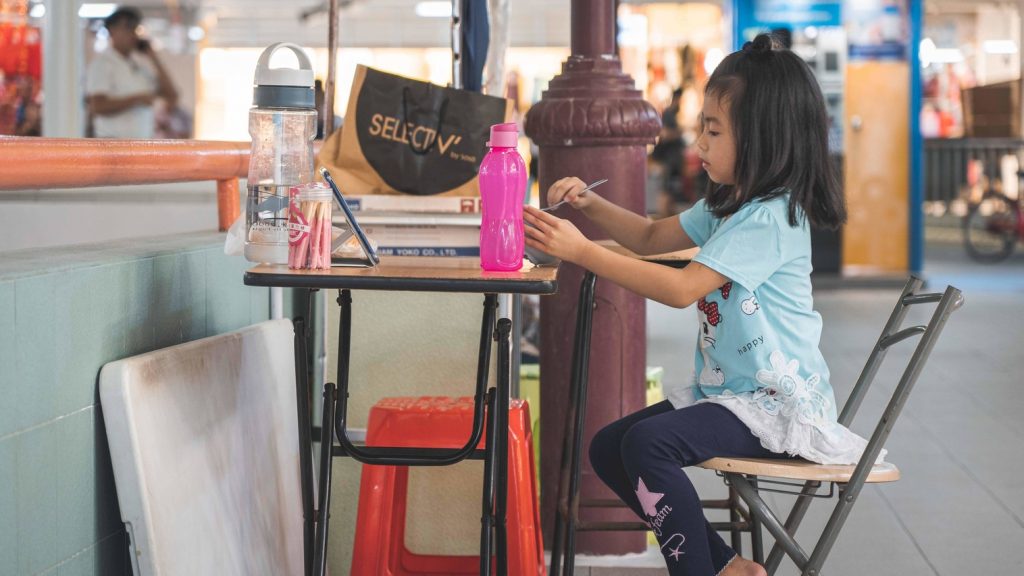
S: I take your point about administrative ease, and that a blanket measure like MUBI would help reduce the chance of people falling through the cracks.
This said, I was asking my dad about how he felt about MUBI yesterday, and his answer was that while he would support redistributive measures, he would rather not receive the payouts, and have the money go straight to those who need the help most, rather than including people like him, or like me, who don’t need it as much. Would it be more efficient to concentrate the assistance amongst those who need it most?
W: Well, first of all, the way MUBI’s designed is that if you get the money, and you find out you don’t need it—if your income at the end of the year hasn’t been that affected by Covid-19—then that’s where the financing model comes in. If you turn out to be one of those lucky people who don’t need their payout, the taxman would come calling for it, basically. Your IRAS statement will have an extra line in it next year. That’ll be taken care of automatically!
The other thing is that when we talk about ‘people who really need it’, this goes back to our means-testing system. Many people have talked about this before, but there are a couple of key problems to think about.
One is that people are discouraged by the existence of means-testing, and might not even apply in the first place. That’s a big problem, because you don’t know how many people there are out there. In addition, there are many people who are discouraged by means-testing and don’t apply, either because they think they won’t pass, or even if they pass, they might think someone deserves it more than they do.
There are a lot of people in lower-income groups who genuinely think that there are other people out there who are worse off and need the money more. These are people you wouldn’t think of as able to survive, but they do think that.
Means-testing does have this problem of discouraging them. And as Qiyan discussed earlier, the other problem is coming up with an accurate means-test. That’s very difficult. There are already a lot of appeals going on now for things like the TRF and the SIRS scheme, because of the difficulties in targeting. And of course, there’s the admin cost of having people working on solving means-testing rather than solving people’s problems. Social workers want to solve people’s problems, not get tied up with means-testing.
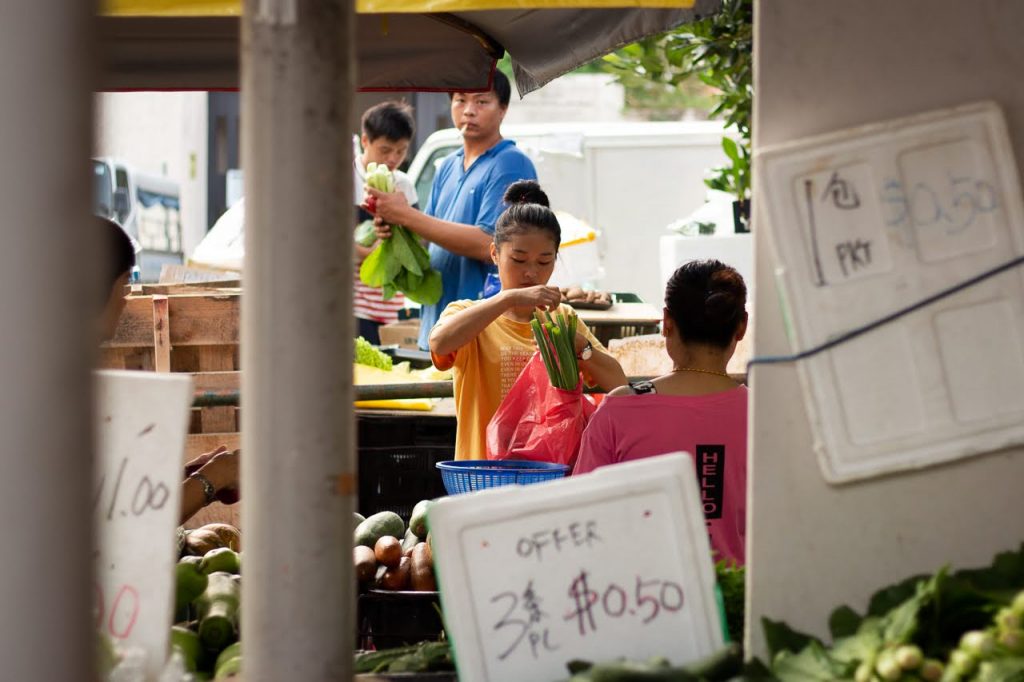
S: What were your considerations behind financing MUBI via a personal income tax increase, rather than drawing on the reserves?
W: On a personal basis, and as an economist, I find it very difficult to recommend a policy that draws on the reserves. The reason for that is I do not know what the opportunity cost of drawing on the reserves is.
I know there are a lot of economists out there who have a wide range of opinions on this; my view leans towards being conservative. Which is to say, right now, I don’t know that spending this money from the reserves would be a better use of that money than other important needs.
That’s part of it. The other is that, in the end, I would like Singapore to have more social responsibility and protection for less privileged Singaporeans, as well as Singaporeans who find themselves in difficult situations. And if we believe that’s an important goal, we need to be willing to pay for it.
Of course, this is different from saying that we should spend from the reserves, where you have evidence that this is the best use of the reserves. But I think the point is clear: it’s somewhat ridiculous to say ‘Hey, I want more social protections for Singaporeans, but I don’t want to pay for it, so let’s have a fairy godmother pay for it’.
I don’t think that call has any moral weight to it whatsoever. Saying that I want these social protections, but someone else needs to pay for it—that, to me, is quite a morally bankrupt claim to make.
Q: My view is quite similar to Walter’s, except that I’m not against drawing down on the reserves as much. But the reality is that with Covid-19, a lot already depends on the reserves, not just MUBI.
We are going to be drawing down a lot from the reserves, perhaps for bailing out certain companies, or stimulating the economy. And since the government is doing its part by drawing down on the reserves, I think this also calls for some sort of collective responsibility from individuals who are more fortunate.
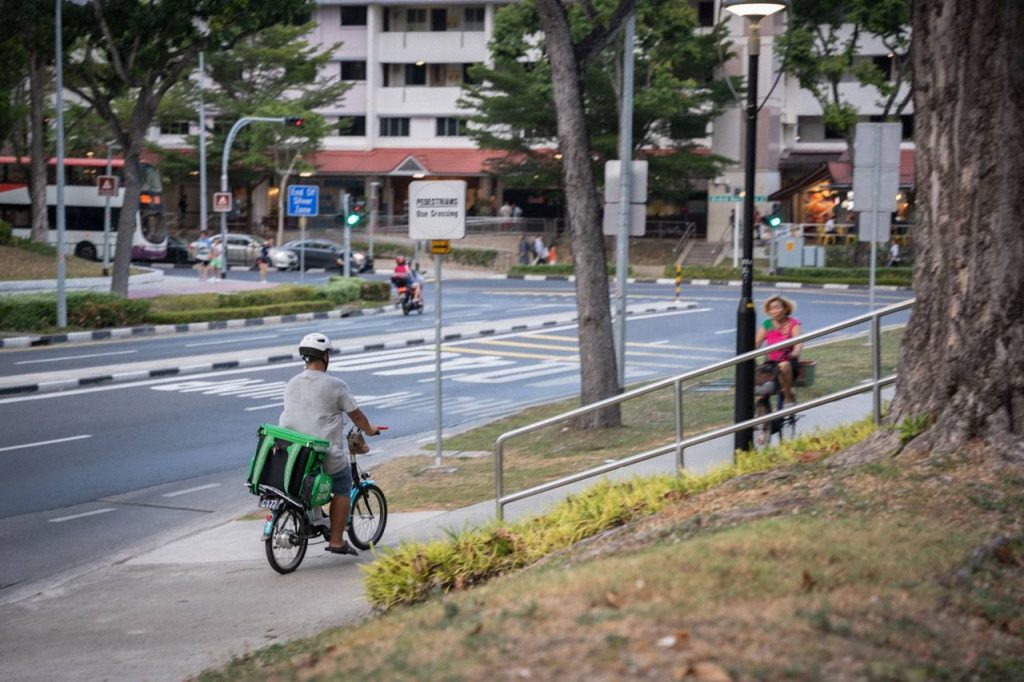
S: On that point about collective responsibility, I think we’ve seen a lot of cases where the argument goes, ‘If you want a better or fairer society, well, great; but someone’s got to pay for that’, and I think there’s sometimes a subtext to the second point which assumes people aren’t willing to pay. I’ve wondered whether this is true, and whether people are really more okay with paying more than we think.
This said, I’ve also heard sentiments, mainly from middle earners, who say: yes, we want these things, but the taxes to pay for these things should be levied only on people at the very top, like the 1%. I’m wondering what sorts of responses you’ve received about MUBI and people’s willingness, or not willingness, to pay for it.
W: So I think there are two different and interesting issues here. One is this argument a lot of people have, which is, ‘I think this is great, but I shouldn’t be the one to pay for it, there’s someone richer out there who should be paying more for it’. And to me, this argument is not that different from the argument [about drawing on the reserves]. It’s basically saying: I want a fairer society, but please don’t ask me to bear the cost of that directly.
I’m not disagreeing that there are Singaporeans who are better positioned to contribute. In fact, that’s why the proposal involves a 4.25% income tax increase across the board, which means that if you’re richer, you actually do end paying a lot more, and this is something people should be aware of.
But I guess there’s another part to that argument, which is: what about those people who have a lot of money in the bank, or in investments, but don’t earn much income, so why should they pay for it? I think there’s a valid point there, but one of the issues we have in Singapore is that we don’t have any sort of wealth taxation infrastructure at all.
S: Right, taxes are levied on income rather than capital. We don’t have capital gains tax or inheritance tax.
W: We don’t have that capability at all; we don’t know what an individual citizen or resident’s wealth is. We don’t have information on that. And without that capability, we can’t tax wealth or capital or anything like that. That’s a whole other story, which has to be taken up separately.
The other part of what you brought up is this: people are talking about a fairer society, but don’t know if they’re willing to pay for that or not. Now, whether you are receptive or lukewarm to MUBI, I think most people would agree that there’s a real problem with economic uncertainty, and something has to be done about it. So, what am I willing to pay for that something to be done?
I think the most important thing in a crisis like this is to propose a solution, and think about what the solution can achieve. To implement the solution, and then see whether it meets the market tests or not.
I know this sounds like a roundabout way of doing it, but if you look at startups, or any sort of new business entity, this is actually how they do things. The startup doesn’t ask people to pay for something and then deliver the product. What they do is give you the product, and after it enters the market, see whether people think it’s worth it or not.
I think it’s the same for social innovations. Say my innovation is ‘free healthcare for all’; people don’t really know what it means. You might think it’s a great idea, but you would also want to see how it delivers on quality of care, accessibility, and so on, and then decide whether it was worth a 10% increase in tax or not.
So [with social innovations], you solve the problem as best as you can, and then see, after the fact, whether people think the solution is worth what they’re paying for it. But asking people to pay for it beforehand is quite difficult, because people have no idea what the world will look like after you deliver the solution.
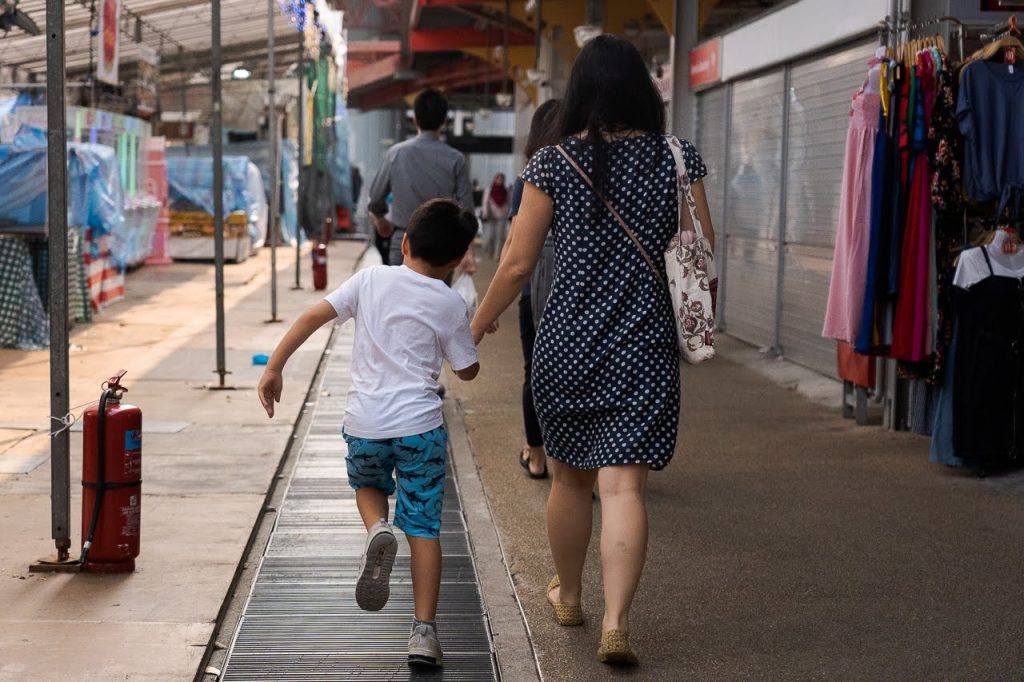
S: So in essence: if you don’t try, you don’t know?
W: Yeah. My point is that it’s the same with public policy. With public policy, there’s no way for the public to know what something is like until it’s actually done. That’s the problem, and in a way, MUBI is an experiment of sorts. The history of social innovation, I would argue, is people putting proposals or plans into place to change the way social protections are delivered, and then seeing whether it meets voters’ tests after that. You really only know after the fact.
Q: Adding on to that, the idea of a nicer, better, fairer society is a very vague one. Most people don’t know what this means, presumably because our society is already not bad. If you just hang out within your own circle of friends, [you might think] most of us are living a decent life. We often don’t know much about the experiences of low-income people. And because we don’t know about these things, MUBI, or a fairer society, sounds like a new product. So how would people know how much they’re willing to pay when they don’t know what it feels like to be in that situation?
The only way to try and answer that question about willingness to pay is … to try. And since MUBI is a temporary policy, it’s not a bad way to try it out. Not just the benefits, but also this way of thinking.
S: But going back to what you said earlier about product testing and pushing things ahead and figuring things out after the fact: in my view, that’s never been the way it works. The government line has always been that there needs to be a majority, or public opinion needs to shift in favour of an idea before any changes can be implemented, and just hearing the words ‘universal basic income’ is already radical for many. Did you think MUBI stood a realistic chance of being passed when you brought it up?
W: When you propose a policy, and you’re not the government, your objective isn’t to assume it gets implemented immediately. Your objective in proposing something is to give everyone, government and the public, an idea which is different from what is currently being done.
The idea may have pros and cons, people will think about it, and I think that if it resonates, it eventually will affect policy one way or another. If it doesn’t resonate with the public, then so be it, but as a parliamentarian or an academic or someone who works in a think-tank, or anyone in a position to do this … I think you have a responsibility to surface a good idea if you have one, and see what happens. The government might not push an idea through, but you can see how people feel about it, and whether there’s will for change in that direction.
The reality now is that it’s still early days yet when it comes to Covid-19. Obviously we’re all hoping things will be over soon, but generally, I think public health experts have warned us that we may not have a public health solution for many months. In the next couple of months, we might go through a period of bad economic uncertainty or difficulty, where a proposal like MUBI could be a viable alternative to what we have now. So just putting the idea out there, seeing whether people support it, having decision-makers keep it in the back of their heads—for me, that’s good enough. Having it on the table as a possible option is good enough.
Q: Yep. And public health experts have predicted that there will be a second wave. So when it comes, we’ll be back to the same decision-making process. Are we going to keep drawing down our reserves for Solidarity Payments, TRF, SIRS … can we keep on doing this?
If we have two or three rounds, I’m sure the government will have to really consider a MUBI system, where a temporary tax increase has to happen. In history, we’ve seen this happening with Japan and Italy after World War II; they also temporarily increased income tax so they could finance some of these expenses and support the economy. Eventually, if the situation gets bad enough, that’s what we might have to do. But having it on the table early helps with decision-making.
The funny thing is that I think with Covid-19, people would see that it makes more sense to have MUBI as a temporary solution. People have a lot more reservations about UBI in general as a social protection policy. But the vibes I get from people asking me about it is that they do seem convinced, and are willing to give it a try.
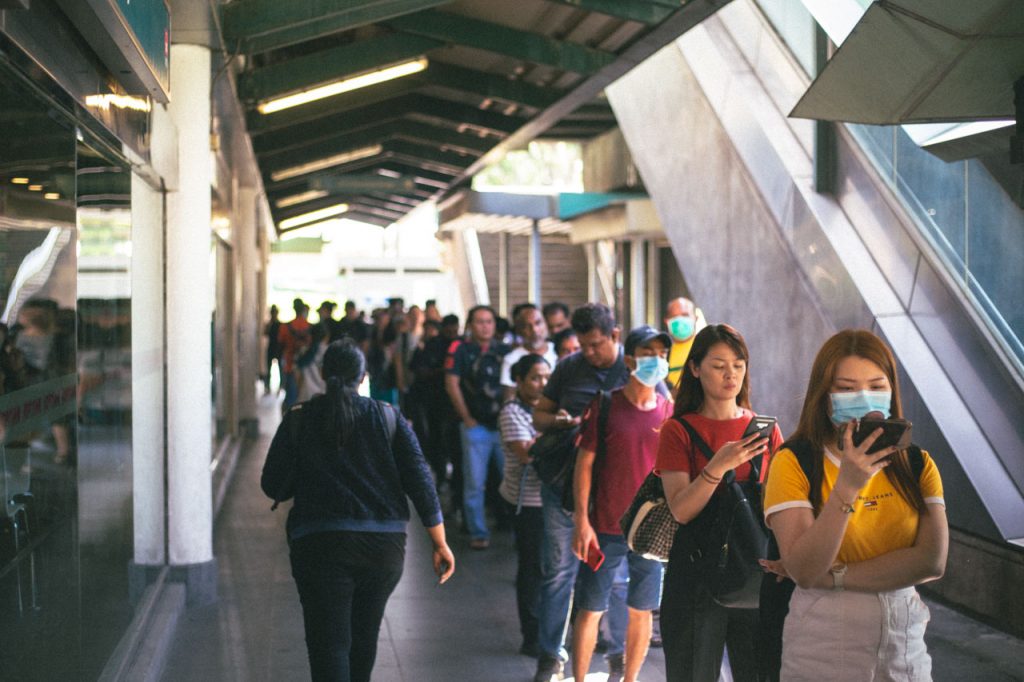
S: MUBI runs counter to our current social welfare philosophy on two fronts: one, giving out money with no strings attached, especially upskilling or other work-related conditions, and two, no means-testing. Should we be changing our social welfare philosophy so radically for a unique event, unprecedented as Covid-19 has been?
Q: I guess what we wanted to highlight is that there shouldn’t be a fixation on one social welfare philosophy for all situations. A better way to think about things might be: what is the best way to help people, rather than being constrained by philosophy, since we do not have much experience of alternatives? If we focus on what is the best way to help people, and then reflect on what is the most suitable philosophy for us, I think that might be more effective.
This is a new situation and potentially a very devastating one. People are looking for solutions that they can find confidence in, that give them security. This is a feature of MUBI, which is why we proposed it. Giving people some certainty in uncertain times will help them make better decisions and cope with the situation better.
This pandemic is the best window to try out greater social protections. The buy-in would be higher than usual, because the costs are more greatly felt. And if we somehow decide not to use this window to experiment with different social protection policies, we’re really losing out big time.
What are your thoughts on MUBI? Let us know at community@ricemedia.co.

